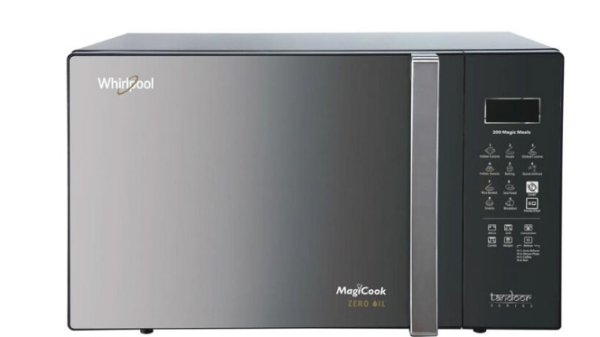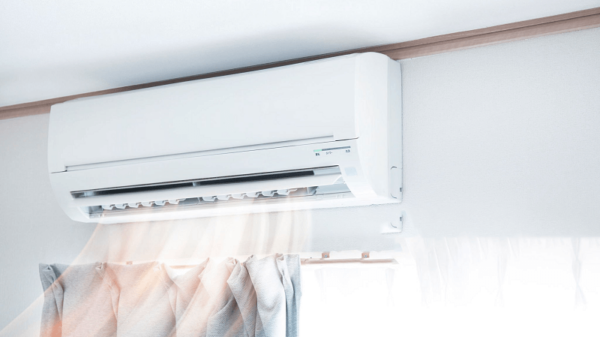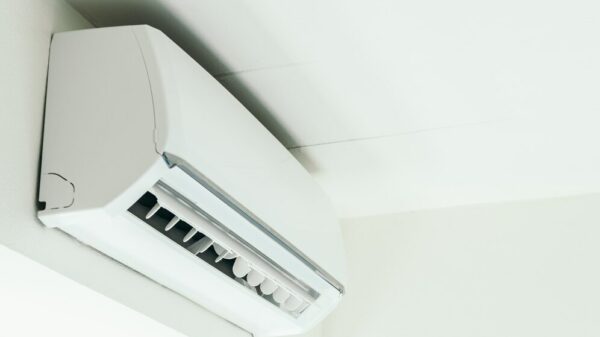Regular maintenance is crucial for extending the lifespan of your refrigerator and ensuring it runs efficiently. By following a few simple steps, you can prevent breakdowns, reduce energy consumption, and save money on repairs. From Pickaboo, here are the top five maintenance tips that will help keep your refrigerator in optimal condition for years to come.
-
Examine and clean door seals
Examine and clean the door seals of your refrigerator regularly to maintain their effectiveness. Over time, dirt, crumbs, and debris can accumulate on the seals, causing them to lose their ability to seal tightly. Inspect the seals for any signs of wear or damage, such as cracks or tears, and replace them if necessary to prevent cold air from escaping.
Use a mild detergent and water to clean the seals gently, ensuring they remain free from residue that could affect their performance. This simple maintenance task helps your refrigerator maintain consistent temperatures and reduces energy waste.
-
Setting the right temperature
Setting the right temperature is critical for both food safety and energy efficiency. Generally, the recommended temperature for a refrigerator is between 35-38 degrees Fahrenheit (1.7-3.3 degrees Celsius). This range keeps perishable items safe from bacterial growth while preserving their quality. Use a refrigerator thermometer to check and adjust the temperature as needed, especially after loading new groceries or during seasonal changes.
Avoid setting the temperature too low, as it can waste energy without providing additional benefits. By maintaining the optimal temperature, you ensure your refrigerator operates efficiently and prolongs the lifespan of its components.
-
Proper refrigerator placement and ventilation
Proper placement and ventilation are crucial for maximizing refrigerator efficiency and lifespan. Place the refrigerator away from direct sunlight and heat sources like stoves or dishwashers to prevent it from working harder to maintain cool temperatures. Allow adequate space (typically 2-3 inches) between the refrigerator’s back and side walls for proper airflow and ventilation.
This helps dissipate heat generated by the compressor and prevents overheating. Additionally, regularly clean the condenser coils at the back or bottom of the fridge to remove dust and debris, which can impede airflow and reduce efficiency. These practices ensure your refrigerator operates efficiently and lasts longer.
-
Keep coils clean
Keeping the coils of your refrigerator clean is essential for optimal performance and longevity. The condenser coils, typically located at the back or bottom of the fridge, release heat from the unit. Over time, these coils can accumulate dust, dirt, and pet hair, which insulates them and reduces their ability to dissipate heat efficiently.
This buildup forces the refrigerator to work harder and can lead to overheating or premature wear on the compressor. Regularly vacuum or brush the coils to remove debris and maintain proper airflow. This simple maintenance task helps your refrigerator operate efficiently and extends its lifespan.
-
Keep it filled
Keeping your refrigerator reasonably filled helps it operate efficiently and maintain stable temperatures. When a refrigerator is adequately stocked, the items inside help retain cold temperatures, reducing the workload on the compressor. This is particularly important during warm weather or if you frequently open the refrigerator door.
However, avoid overfilling as it can restrict airflow and lead to uneven cooling. If your refrigerator is often underfilled, consider using containers of water to occupy space. This strategy not only improves efficiency but also ensures your refrigerator runs smoothly and lasts longer with less strain on its components.
Some other tips
Here are some additional tips for maintaining your refrigerator:
- Check and replace water filters: If your refrigerator has a water dispenser or ice maker, replace the water filter as recommended by the manufacturer to maintain water quality and appliance efficiency.
- Inspect and tighten door handles: Periodically check and tighten the door handles to ensure they are secure. Loose handles can cause the doors to not seal properly, leading to energy loss and potential temperature fluctuations.
- Defrost freezer regularly: If your refrigerator has a manual defrost freezer, regularly defrost it to prevent ice buildup. Excessive ice can reduce freezer space and increase energy consumption.
- Monitor temperature settings: Use a thermometer to monitor refrigerator and freezer temperatures regularly. Adjust settings as needed to maintain optimal temperatures for food safety and energy efficiency.
- Inspect and replace gaskets: Check the door gaskets (seals) for any signs of wear or damage. Replace them if they are cracked or no longer sealed properly to prevent cold air from escaping.
- Clean condenser coils: Vacuum or brush the condenser coils at least twice a year to remove dust and debris. Clean coils ensure efficient heat dissipation and help prolong the life of your refrigerator.
By following these maintenance tips, you can keep your refrigerator running smoothly, reduce energy consumption, and extend its lifespan.
Conclusion
Regular maintenance is the key to maximizing the lifespan and efficiency of your refrigerator. By implementing these simple tips—cleaning regularly, checking seals and temperature settings, and ensuring proper ventilation—you can prevent issues before they arise. Taking proactive steps like cleaning coils and monitoring door seals not only saves energy but also keeps your food fresh and safe. With these practices in place, your refrigerator will continue to operate effectively, saving you money on repairs and energy bills while ensuring it serves you well for years to come.







